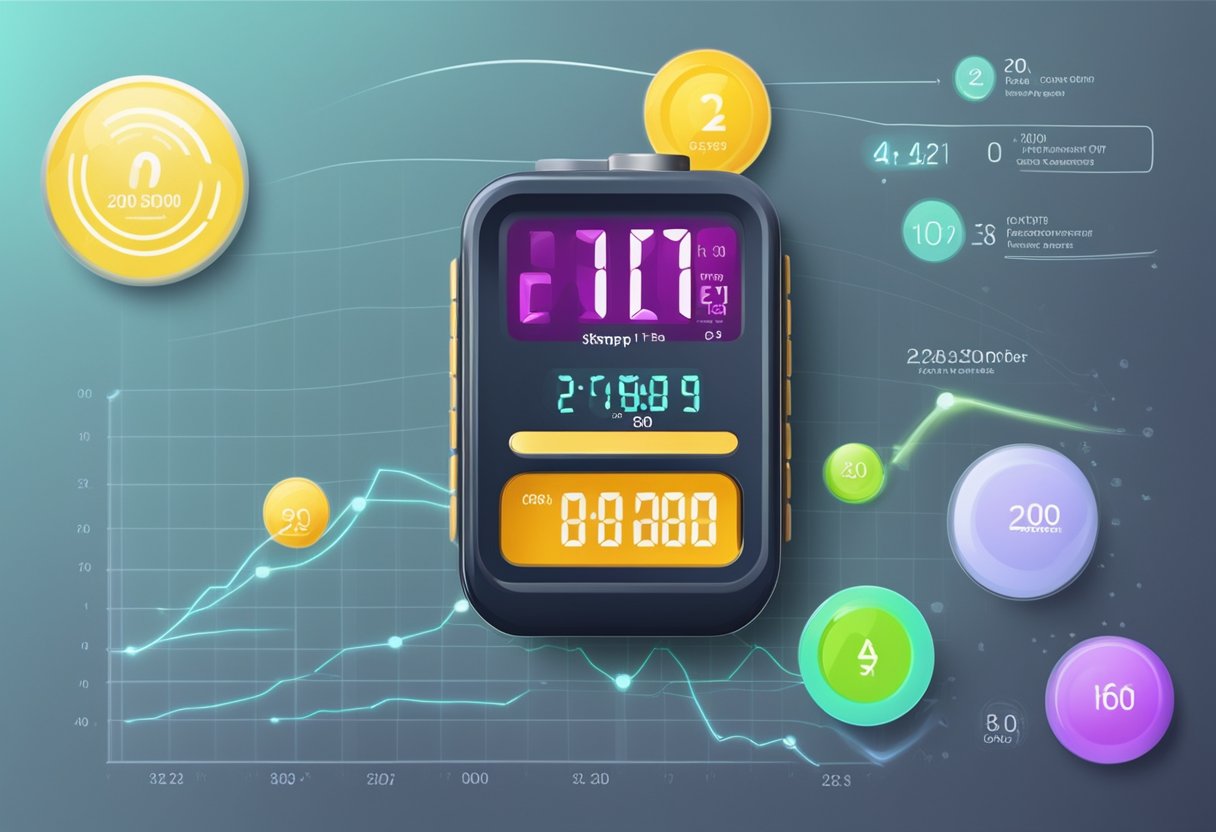Managing Blood Pressure in Older Adults: Tips and Insights
As people age, blood pressure changes can significantly impact health. Understanding how to manage blood pressure in older adults is crucial for a healthier lifestyle.

Understanding Blood Pressure Changes in Older Adults
As individuals age, their blood pressure often experiences various fluctuations. This phenomenon, referred to as 'blutdruck im alter' in German, can lead to both hypertension and hypotension. Understanding these changes is essential for maintaining cardiovascular health.
Why Does Blood Pressure Change with Age?
Blood pressure can be influenced by multiple factors as we age, including:
- Arterial Stiffness: Blood vessels can become stiffer, resulting in higher systolic blood pressure.
- Hormonal Changes: Hormones that regulate blood pressure may decrease or become less effective.
- Chronic Illness: Conditions such as diabetes and heart disease can contribute to fluctuating blood pressure levels.
What is Considered Normal Blood Pressure for Older Adults?
According to health experts, a normal blood pressure reading for older adults is generally around 120/80 mmHg. However, readings may vary:
- Hypertension: Blood pressure above 130/80 mmHg is considered hypertension.
- Hypotension: Blood pressure below 90/60 mmHg can lead to dizziness and fainting.
Common Questions about Blutdruck im Alter
1. How can I monitor my blood pressure at home?
For older adults, regular monitoring is crucial. Home blood pressure monitors are widely accessible:
- Choose a Reliable Monitor: Automatic, oscillometric monitors are recommended.
- Establish a Routine: Check your blood pressure at the same times each day.
- Keep a Log: Note your readings and discuss them with your healthcare provider.
2. What lifestyle changes can help manage blood pressure?
Making specific lifestyle changes can significantly impact blood pressure:
- Diet: Adopt a heart-healthy diet, such as the DASH (Dietary Approaches to Stop Hypertension) diet, rich in fruits, vegetables, and whole grains.
- Exercise: Engage in regular physical activity, aiming for at least 150 minutes of moderate aerobic exercise per week.
- Weight Management: Maintaining a healthy weight can help control blood pressure levels.
3. Should older adults take medications for blood pressure?
Medications may be necessary, depending on an individual's health profile:
- Consult a Doctor: Always discuss medication options with a healthcare provider who understands your overall health.
- Regular Reviews: Blood pressure medications might require adjustments as your condition changes.
4. How do I manage blood pressure with other health conditions?
Managing blood pressure alongside other chronic conditions requires a tailored approach:
- Collaborate with Healthcare Providers: Create a comprehensive management plan that considers diabetes, heart disease, or other concurrent conditions.
- Monitor Interactions: Be aware of how certain medications for other conditions can affect blood pressure.
5. What signs should prompt a visit to the doctor?
Immediate medical attention may be necessary if you experience:
- Severe headaches
- Shortness of breath
- Chest pain
- Rapid changes in blood pressure readings
Conclusion
Managing "blutdruck im alter" is essential for enhancing the quality of life for older adults. By understanding the specific changes and factors affecting blood pressure, maintaining a healthy lifestyle, regularly monitoring blood pressure, and seeking medical advice when necessary, older adults can successfully manage their blood pressure and improve their overall health.
Further Resources
For more information on blood pressure management, check these resources:
New posts

Effective Strategies to Lower Blood Pressure
Fitness

Navigating Low Blood Pressure and High Pulse: Key Insights
Wellness

Combatting Fatigue from Low Blood Pressure: Causes and Solutions
Lifestyle

Understanding Ruhepuls 60: A Guide to Optimal Heart Rate
Fitness

Understanding Low Blood Pressure at Night: Causes, Symptoms, and Management
Wellness

Low Blood Pressure and Trembling: Understanding the Connection
Wellness

Understanding Normal Pulse Pressure: What You Need to Know
Lifestyle

Understanding Ruhepuls 45: The Ideal Resting Heart Rate for Your Health
Fitness

Understanding Normal Pulse Rates: What Is a Normal Pulse?
Fitness

Understanding Pulsdruck: Key Insights into Your Blood Pressure Dynamics
Wellness
Popular posts

Understanding Low Diastolic Blood Pressure: Causes, Risks, and Management
Wellness

Understanding Low Diastolic Blood Pressure: Causes and What to Do
Wellness

Understanding Puls Unter 60: When Low Heart Rates Become Concerning
Fitness

Understanding the Ruhepuls Tabelle: A Comprehensive Guide
Fitness

Understanding Low Blood Pressure Symptoms in Men
Wellness

Understanding Ruhepuls 50: What It Means for Your Heart Health
Fitness

Low Blood Pressure and Trembling: Understanding the Connection
Wellness

Understanding Normal Pulse Pressure: What You Need to Know
Lifestyle

Understanding Wrist Blood Pressure Monitoring: A Comprehensive Guide
Wellness

Understanding Low Blood Pressure and Its Effect on Vision Disturbances
Health